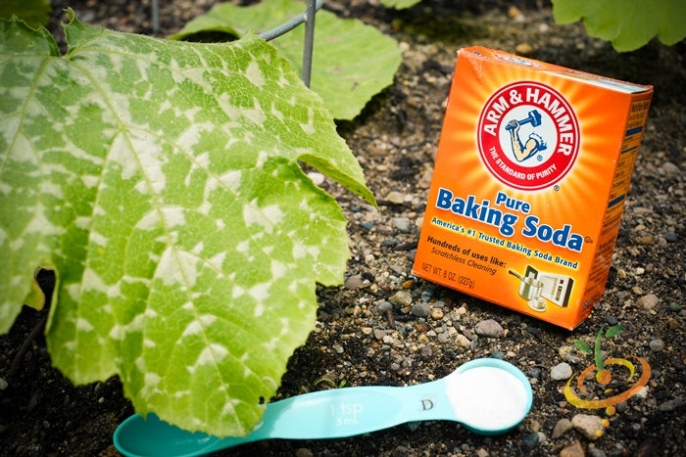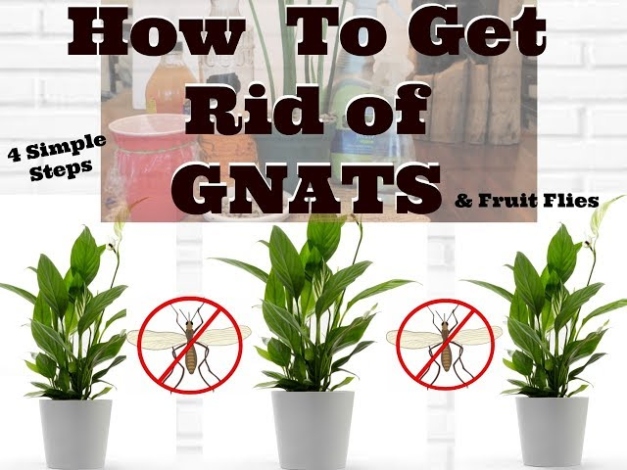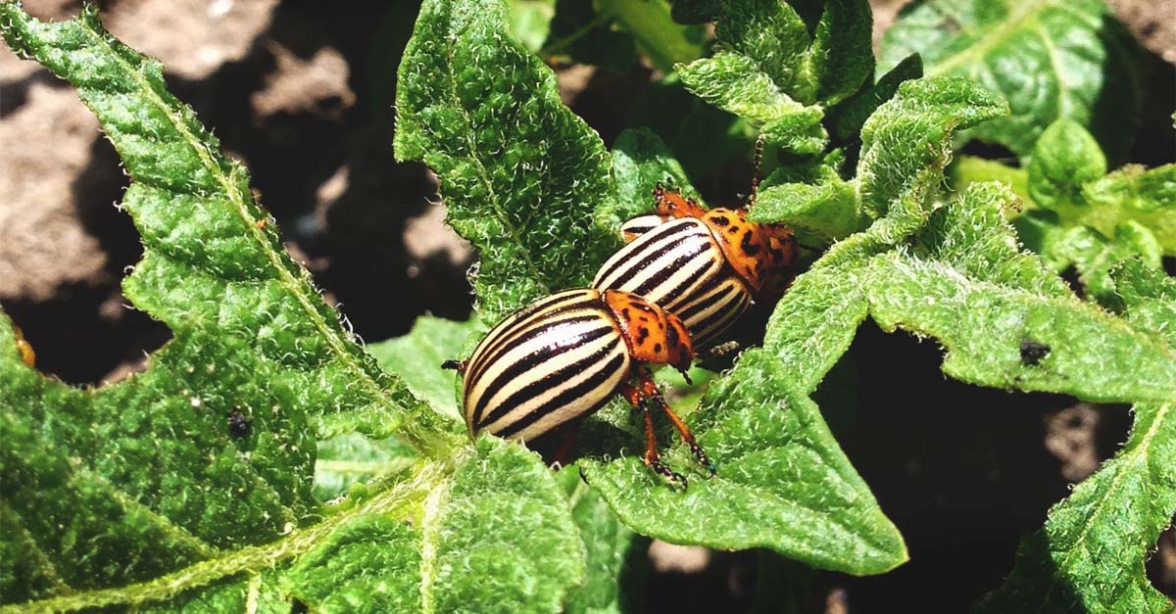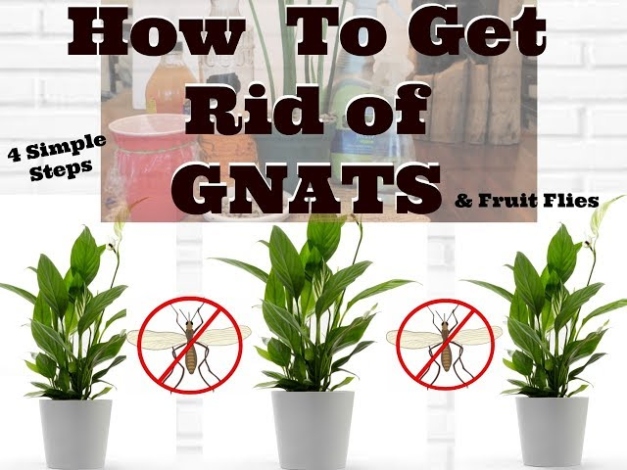Say Goodbye to Poison Ivy!
When it comes to dealing with pesky poison ivy Plants in your yard or garden, many people immediately think of harsh chemicals and expensive solutions. However, there is a natural and cost-effective alternative that can help you eliminate poison ivy plants easily – vinegar!
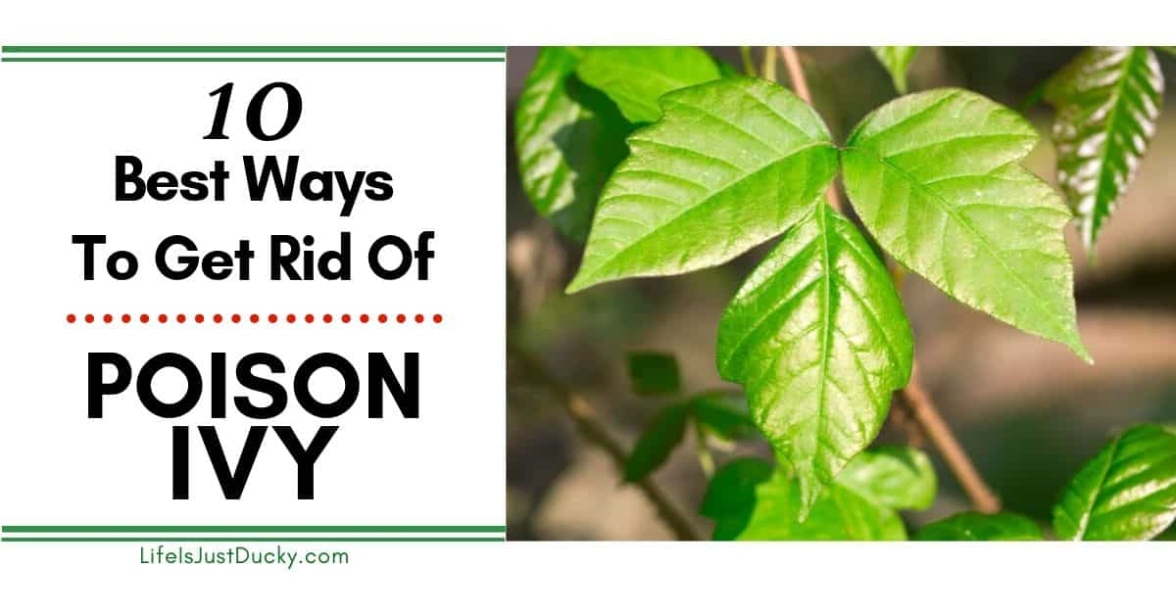
Image Source: lifeisjustducky.com
Vinegar has long been known for its powerful cleaning properties, but it also has the ability to effectively kill weeds, including poison ivy. The acetic acid in vinegar is what makes it such a potent weed killer, as it works to dehydrate and destroy the plant from the inside out.
So how exactly can you harness the power of vinegar to say goodbye to poison ivy? It’s simple – just pour undiluted vinegar directly onto the plant. Be sure to cover all parts of the plant with the vinegar, including the leaves, stems, and roots. This will ensure that the plant is completely saturated and unable to recover.
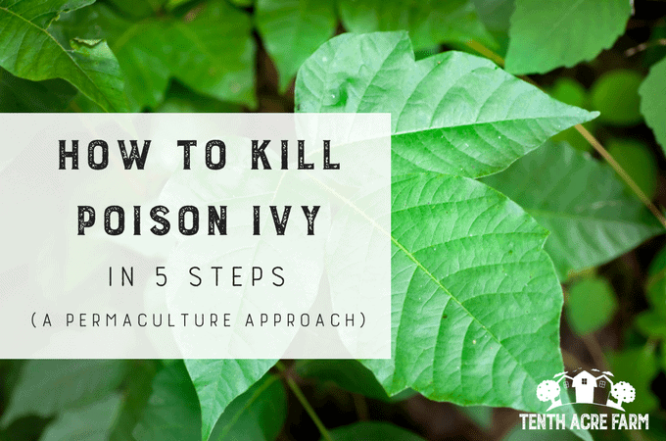
Image Source: tenthacrefarm.com
After applying the vinegar, you may notice that the poison ivy plant begins to wither and die within a few hours. However, for more stubborn plants, you may need to reapply the vinegar a few times to fully eradicate them. It’s important to be patient and persistent when using vinegar as a weed killer, as it may take some time for the plant to completely die off.
One of the best things about using vinegar to eliminate poison ivy plants is that it is a completely natural and non-toxic solution. This means that you don’t have to worry about harmful chemicals seeping into the soil or affecting other plants in your garden. Vinegar is safe to use around children and pets, making it a great choice for eco-conscious gardeners.
In addition to being a powerful weed killer, vinegar also has the added benefit of being a versatile household cleaner. You can use it to clean windows, sanitize surfaces, and even remove odors from your Home. This makes vinegar a must-have item for any environmentally friendly household.
So, the next time you find yourself facing a poison ivy problem, don’t reach for the chemical herbicides. Instead, harness the power of vinegar to say goodbye to poison ivy once and for all. You’ll be amazed at how effective this natural solution can be at eliminating those pesky plants from your yard or garden.
Harness the Power of Vinegar
When it comes to dealing with pesky Plants like poison ivy, there’s a natural solution that can help you eliminate them easily – vinegar! Vinegar is a powerful ingredient that has been used for centuries for a variety of purposes, and its cleaning and disinfecting properties make it the perfect tool for getting rid of unwanted plants in your garden.
Vinegar is a natural herbicide that can effectively kill poison ivy plants without the need for harmful chemicals. Its high acidity levels make it a potent weed killer, and when used properly, it can help you get rid of poison ivy and other unwanted plants in no time.
To harness the power of vinegar for eliminating poison ivy plants, all you need is a spray bottle and some white vinegar. Simply fill the spray bottle with white vinegar and spray it directly onto the leaves and stems of the poison ivy plants. Make sure to cover the plants thoroughly with the vinegar, as the acidity is what will help to kill them.
You can also add a few drops of dish soap to the vinegar to help it stick to the leaves of the poison ivy plants better. The soap acts as a surfactant, helping the vinegar to penetrate the waxy coating on the leaves and do its job more effectively.
After you’ve sprayed the poison ivy plants with the vinegar solution, you may begin to see results within a few hours. The leaves will start to wilt and turn brown, indicating that the vinegar is working to kill the plants. It may take a few days for the plants to completely die off, so be patient and continue to monitor their progress.
One of the great things about using vinegar to eliminate poison ivy plants is that it’s safe and non-toxic. Unlike commercial herbicides that can be harmful to the environment and your health, vinegar is a natural and eco-friendly alternative that won’t harm you, your pets, or the wildlife in your garden.
In addition to being an effective weed killer, vinegar also has a number of other uses in the garden. It can help to deter pests like ants and slugs, and it can also be used as a natural fertilizer to help your plants grow strong and healthy. Vinegar is truly a versatile and powerful tool that every gardener should have in their arsenal.
So the next time you find yourself faced with a patch of poison ivy plants that need to be eradicated, don’t reach for the harsh chemicals. Instead, harness the power of vinegar and eliminate those pesky plants easily and naturally. Your garden will thank you for it!
Natural Solution for Weed Woes
When it comes to dealing with pesky weeds like poison ivy, many people turn to harsh chemicals and expensive herbicides. However, there is a natural solution that is not only effective but also safe for the environment – vinegar!
Vinegar has long been known for its cleaning and disinfecting properties, but it also has incredible weed-killing abilities. By harnessing the power of vinegar, you can easily eliminate poison ivy Plants without harming the surrounding plants or the ecosystem.
So, how does vinegar work its magic on weeds like poison ivy? The acetic acid in vinegar is a potent herbicide that effectively kills plants by drawing out moisture and nutrients. When applied directly to the leaves and stems of poison ivy plants, vinegar will cause them to wither and die, making it easy to remove them from your garden or property.
Not only is vinegar an effective weed killer, but it is also a safe and natural alternative to chemical herbicides. Unlike synthetic weed killers, vinegar is non-toxic and biodegradable, making it an eco-friendly choice for those who are looking to maintain a healthy and sustainable garden.
To use vinegar as a weed killer, simply pour undiluted white vinegar into a spray bottle and apply it directly to the leaves and stems of the poison ivy plants. Be sure to cover the plants thoroughly, as the acetic acid needs to come into contact with the plant in order to be effective.
For best results, apply the vinegar on a sunny day when the plants are actively growing. Repeat the application as needed until the poison ivy plants have been completely eliminated.
In addition to being a natural weed killer, vinegar also has the added benefit of being an effective deterrent for future weed growth. By regularly spraying vinegar on areas where weeds tend to pop up, you can prevent them from taking root and spreading in your garden.
So, say goodbye to expensive herbicides and harmful chemicals, and harness the power of vinegar as a natural solution for your weed woes. Not only will you be saving money and protecting the environment, but you will also be enjoying a healthier and more vibrant garden free of pesky weeds like poison ivy.
Next time you encounter a patch of poison ivy in your garden, reach for the vinegar bottle instead of the chemical herbicides. With its natural weed-killing abilities, vinegar is sure to become your go-to solution for eliminating poison ivy plants easily and effectively.
Eliminate Poison Ivy Plants Easily
When it comes to dealing with pesky poison ivy plants, many people often turn to harsh chemicals or expensive treatments. However, there is a natural solution that is both effective and budget-friendly – vinegar! Yes, that’s right, vinegar can be a powerful ally in the battle against poison ivy.
Vinegar, with its high acidity levels, is a potent herbicide that can effectively kill off poison ivy plants. Its acetic acid content attacks the plant’s leaves, stems, and roots, drying them out and eventually killing them off completely. Not only is vinegar an eco-friendly option, but it is also readily available in most households.
To use vinegar to eliminate poison ivy plants, simply pour undiluted vinegar onto the plant’s leaves and stems. Be sure to cover all parts of the plant thoroughly to ensure maximum effectiveness. You may need to repeat this process a few times over the course of a few days to completely kill off the poison ivy.
One of the great benefits of using vinegar to eliminate poison ivy plants is that it is safe to use around children and pets. Unlike chemical herbicides, vinegar poses no threat to the health of your loved ones. So, you can rest easy knowing that you are using a natural and safe solution to rid your yard of poison ivy.
Another advantage of using vinegar is that it is a cost-effective option. Instead of spending money on expensive herbicides or professional treatments, you can simply grab a bottle of vinegar from your kitchen and get to work. Not only will you save money, but you will also be doing your part to reduce the use of harmful chemicals in the environment.
In addition to its effectiveness in eliminating poison ivy plants, vinegar can also be used as a preventative measure. By regularly spraying vinegar on areas where poison ivy tends to grow, you can discourage new plants from taking root. The acidity of the vinegar creates an inhospitable environment for poison ivy, making it less likely to thrive in your yard.
So, next time you find yourself faced with a patch of poison ivy, reach for the vinegar instead of reaching for chemicals. Not only will you be protecting your health and the environment, but you will also be saving money in the process. With vinegar power on your side, you can say goodbye to poison ivy plants easily and naturally.
how to get rid of poison ivy plants vinegar







